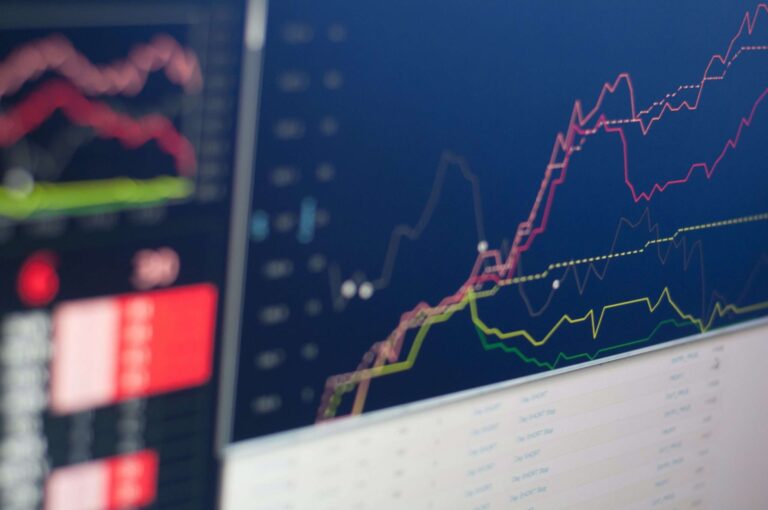Let’s find out how Forex works, starting with the leverage mechanism, and who is involved in it, from brokers to central banks, via pension funds, multinational companies, and private investors.
Table of Contents
What is Forex
Forex is referred to when one intends to invest in currencies. In fact, Forex is short for Foreign Exchange Market and represents just the currency market.
It is an unregulated international market, also referred to as Over the Counter, which is open 24 hours a day and it is possible to trade on specific online platforms.
Let’s preface this with the fact that it is not an investment for everyone because it has a fairly large risk component as it uses leverage. Let’s find out how it works and who participates.
How the currency market works
People who approach Forex do so because they want to bet on the performance of a currency pair. For example, one invests that the yen will gain value over the euro, or that the ruble will lose value against the pound, and so on.
Basically, you bet on exchange rate movements between two currencies. It is quite a risky “game”. Not because of the mobility of currencies per se, but because of the leverage mechanism.
Let’s try to understand better. I want to invest 1,000 euros on the fact that the Swiss franc strengthens against the pound. On the online platform I use, however, I decide not to bet all the 1,000 euros I have at my disposal, but only 100 euros to start with.
If the Swiss franc gains 20 percent over the pound, I gain not only 20 euros. But I gain 200 euros (20 percent of the total 1,000 euros) precisely because of leverage, in this case a “1:10 leverage.”
Be careful, however, for this mechanism also applies in reverse, in case of loss.
Who participates in Forex
There are several figures who participate in Forex because of its important endowment of liquidity and its transversality around the world.
Thus we can find large multinational corporations operating to offset their foreign currency investments by buying foreign currencies.
Central Banks and National Banks are also present in this market in order to better manage their foreign currency reserves.
And investment funds are attracted to Forex as well, so as to diversify their investments. Then there are private figures such as individual traders, who can work with currencies either to protect previous investments or to engage in speculation.
Another category of traders we find are brokers. They provide platforms for individual traders to trade, charging fees based on exchange rates.












